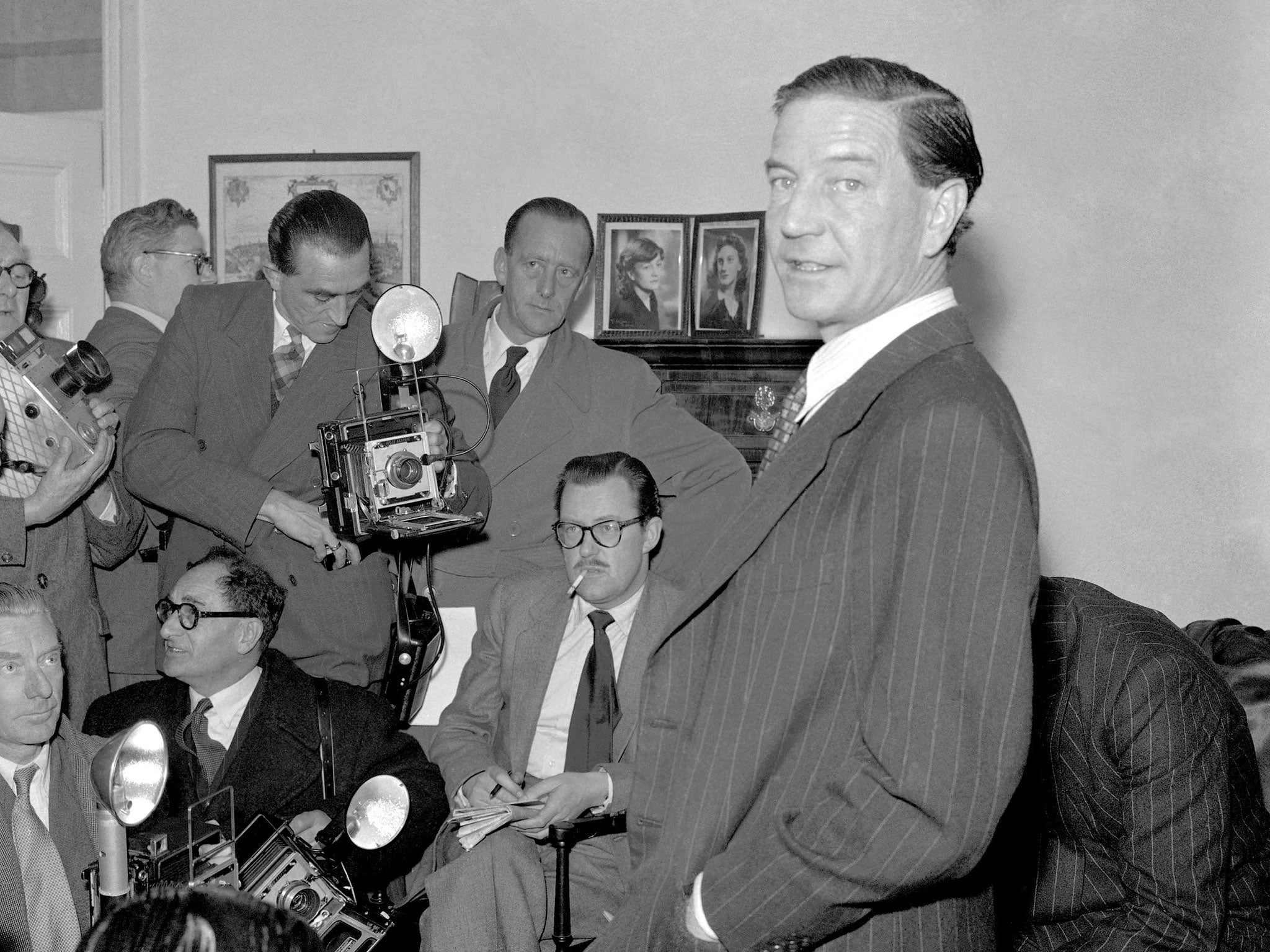Moscow square named after notorious British double agent Kim Philby
Cambridge spy lived in Russian capital for 25 years after defecting in 1963
A nondescript square in south-west Moscow has been renamed Kim Philby Square in honour of the British spy who defected to the Soviet Union.
The intersection given the new name by Moscow’s mayor Sergei Sobyanin has no connection with the double agent but is close to Russia’s foreign intelligence service’s headquarters.
The move comes amid worsening relations between Britain and Russia following the Salisbury nerve agent attacks.
Philby was a high-ranking MI6 officer who spent years passing secrets and intelligence to the USSR before defecting across the Iron Curtain in 1963 at the height of the Cold War.
He was the most famous member of the Cambridge Five spy ring, a group of upper-class establishment KGB spies who were all recruited while studying at Cambridge during the 1930s.

Two of the other spies escaped to the Soviet Union in 1951 after Philby tipped them off that British intelligence had found out about their activities but the MI6 agent, despite repeatedly coming under suspicion, did not defect himself until 1963.
After he resurfaced in 1965 he was granted Soviet citizenship and lived in Moscow for the rest of his life.
Despite being told while spying in Britain that he had been promoted to colonel in the KGB, he actually lived as a virtual prisoner in his own home when he arrived in the Soviet Union.
Given only 500 rubles a month to live on, all his visitors and activities were controlled by the Soviets and he had little real work to do, apart from writing his memoirs. He also had a short affair with the wife of one of the earlier Cambridge Five defectors.
Two years ago the BBC unearthed footage of Philby giving a lecture in 1981 to the notorious East German Stasi spy agency, where he boasted how he had been able to hoodwink MI6 thanks to his upper-class credentials.
Philby died in 1988 and was given a hero’s funeral in the USSR and posthumously awarded a series of medals.
But locals are baffled by the city council’s decision now to honour the long-dead double agent by naming a square after him.

The new Kim Philby Square is not close to where the Briton actually lived in Moscow and several people on a neighbourhood Facebook page questioned the decision.
But one of the successors to the KGB, the foreign intelligence agency SVR, does have a sprawling campus nearby, prompting the suggestion spies there were motivated by fond memories of their former British colleague.
The director of the SVR, Sergei Naryshkin, spoke at an event last year which marked the unveiling of a portrait of Philby in a Moscow art gallery.
Join our commenting forum
Join thought-provoking conversations, follow other Independent readers and see their replies
Comments
Bookmark popover
Removed from bookmarks